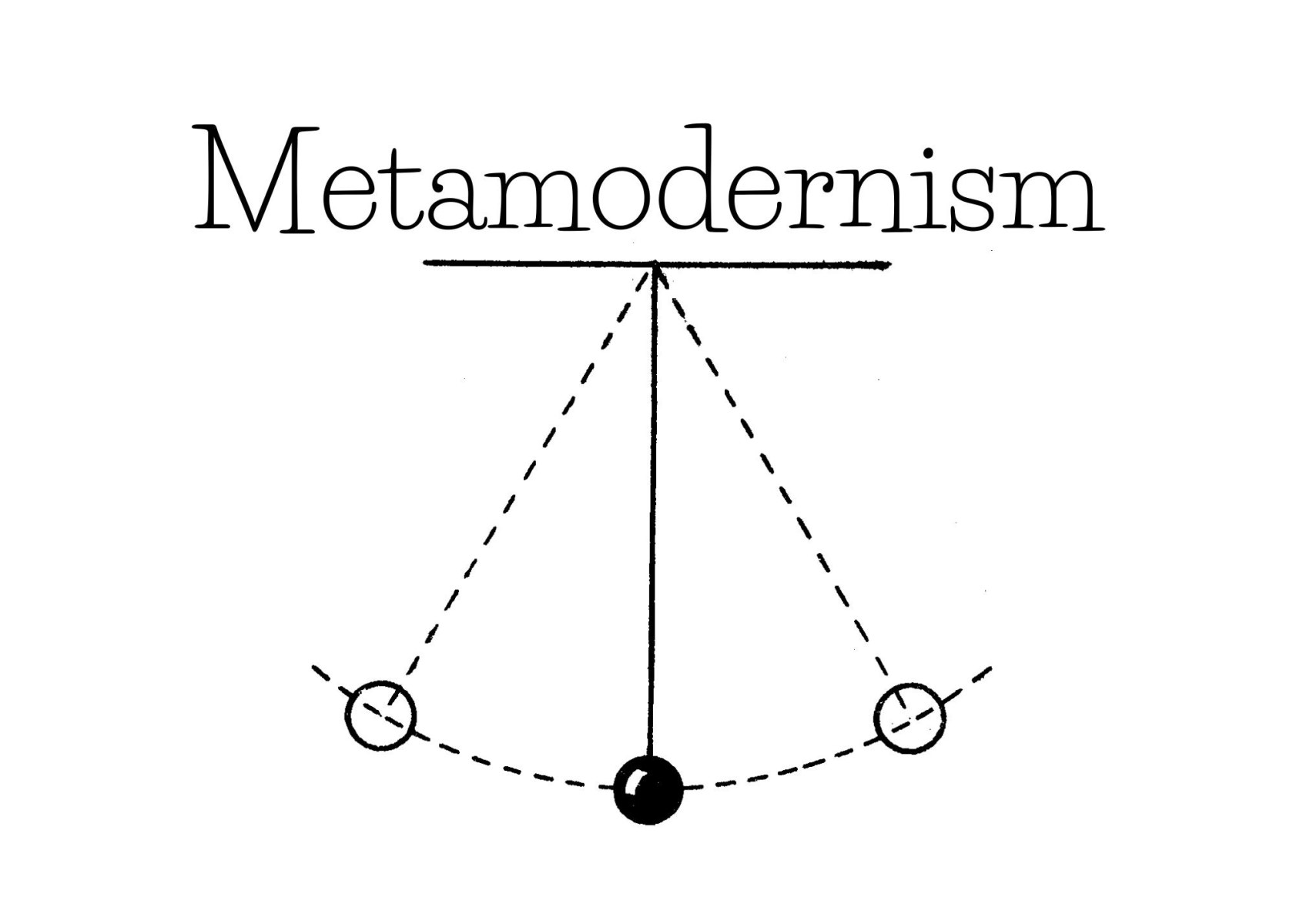What new possibilities does metamodernism offer for understanding and interpreting geographical thinking today? Can it be considered a fundamental discontinuity in the historical development of this scientific discipline? And how can the ontological and epistemological oscillation typical of metamodernist thinking be conceptually and methodologically grasped in geography?
What is it all about?
Many of you are probably asking yourselves this question.
Metamodernism is a new way of thinking that seeks to find a balance between opposites – for example, between tradition and innovation, between rationality and emotion, or between different approaches to knowledge. The authors of the current study show that even geography can draw inspiration from metamodernism and move forward in the way it thinks about the world.
A recent issue of the journal Folia Geographica (67/1, 2025, IF 2024 2.0) featured a scientific article by René Matlovič and Kvetoslava Matlovičová entitled “The Metamodern Shift in Geographical Thought: Oscillatory Ontology and Epistemology, Post-disciplinary and Post-paradigmatic Perspectives.” This is the first attempt to reflect on the metamodernist shift in geographical thinking in geographical literature.
Why is this important?
According to the authors, this could be another major milestone in the history of geography. The new approach emphasises openness, diversity, and the ability to respond to the challenges facing society today—climate change, globalisation, and cultural conflicts. The authors aim to stimulate discussion about the application of metamodernist concepts in geographical thinking, while acknowledging their limitations and potential risks.
Now a little more complicated text
The primary objective of this study is to demonstrate how metamodernism can contribute to the reinterpretation of geographical thought and to identify its potential as the fifth first-order discontinuity in the historical evolution of the discipline. In the theoretical and methodological section, the authors engage with the notion of discontinuities in scientific thought and apply the Latour–Barnes model to analyse the phases of mobilisation and autonomisation of metamodernism within academic discourse. They introduce key metamodernist concepts and principles – such as metarealism, zetetism, hylosemiotics, sublation, the oscillation of scientific discourses, the paradoxical position of truth and grand narratives, dia-/polylogical thinking, and the coexistence of layers of cultural evolution – and outline their applicability within geographical research. The study employs qualitative, discourse-based, and historical-contextual methods to examine the metamodern shift in geographical thought, with a focus on epistemological, ontological, and methodological transformations.
Geography is reinterpreted as a post-disciplinary and post-paradigmatic scientific field that oscillates between diverse ontological, epistemological, and methodological frameworks. Within this context, the authors emphasise the need for an open, reflexive, and pluralistic approach that enables the integration of diverse types of knowledge and methodological strategies. This reconceptualisation of geography responds to the growing need for comprehensive, practice-oriented knowledge capable of addressing contemporary global challenges.
The article is part of research within the project:
- VEGA No. 2/0058/24 “Genealogy of Modern Geographical Thinking in Slovakia: Interference of Autochthonous and Allochthonous Conditions“.
Text: René Matlovič | Edited by: Tomáš Goga | Illustration: Peter Clarke






